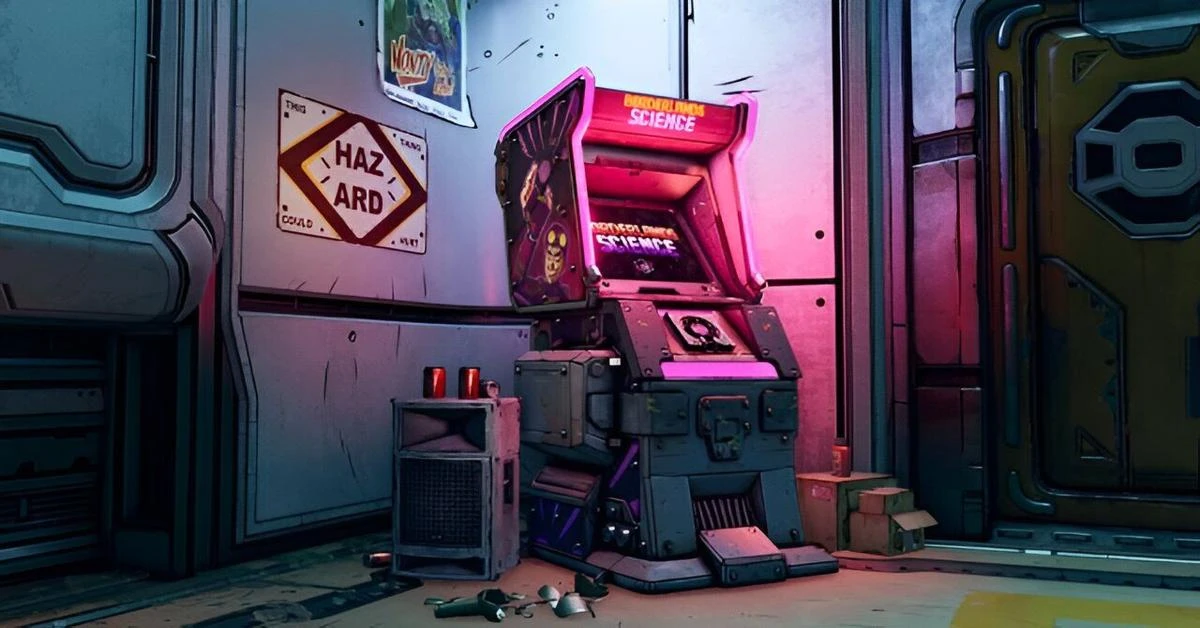Gamers propel scientific breakthrough in understanding the human microbiome

Millions of gamers around the world have revolutionized biomedical research by playing “Borderlands Science,” helping scientists uncover new relationships among gut bacteria
4.5 million gamers worldwide have significantly impacted biomedical research and demonstrated the convergence of technology and citizen science by playing “Borderlands Science,” a mini-game within the popular video game “Borderlands 3.”
This massive global collaboration has helped scientists better understand the evolutionary relationships of over a million different types of bacteria in the human gut, crucial for human health.
The project is a partnership between McGill University, Gearbox Entertainment Company, Massively Multiplayer Online Science (MMOS), and the Microsetta Initiative at the University of California San Diego and utilizes the collective power of gamers to tackle complex scientific challenges.
By aligning tiles that represent genetic sequences of microbes, these players have managed to outperform some of the best existing computer algorithms.
Jerome Waldispuhl, an associate professor at McGill and senior author of the study, expressed his astonishment at the gamers’ contributions. “In half a day, the Borderlands Science players collected five times more data about microbial DNA sequences than our earlier game, Phylo, had collected over a 10-year period,” he notes on the paper published on Tuesday on Nature Biotechnology.
This surge in data acquisition marks a significant advancement from previous efforts and reflects the potential of integrating scientific research into mass-market entertainment platforms.
The implications of this research are profound. According to Rob Knight, director of the Center for Microbiome Innovation at UC San Diego, understanding the microbial makeup of the human gut can lead to better insights into various health conditions, ranging from inflammatory bowel disease to Alzheimer’s.
“Because evolution is a great guide to function, having a better tree relating our microbes to one another gives us a more precise view of what they are doing within and around us,” Knight added.
This initiative is not just a scientific breakthrough but also signals the untapped potential of video games as a platform for engaging the public in genuine scientific endeavors.
Attila Szantner, CEO and co-founder of MMOS, asserted the importance of finding creative ways to leverage the gaming community’s time and brainpower. “Borderlands Science shows how far we can get by teaming up with the game industry and its communities to tackle the big challenges of our times,” Szantner noted.
The success of “Borderlands Science” opens up possibilities for future scientific research projects embedded within video games, suggesting a new frontier where gaming and science intersect to foster community involvement and accelerate knowledge discovery.
As more people worldwide spend time gaming, this model could represent a pivotal shift in how scientific research is conducted, making it more inclusive, efficient, and widespread.
Source: Newsroom



